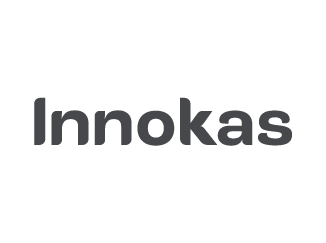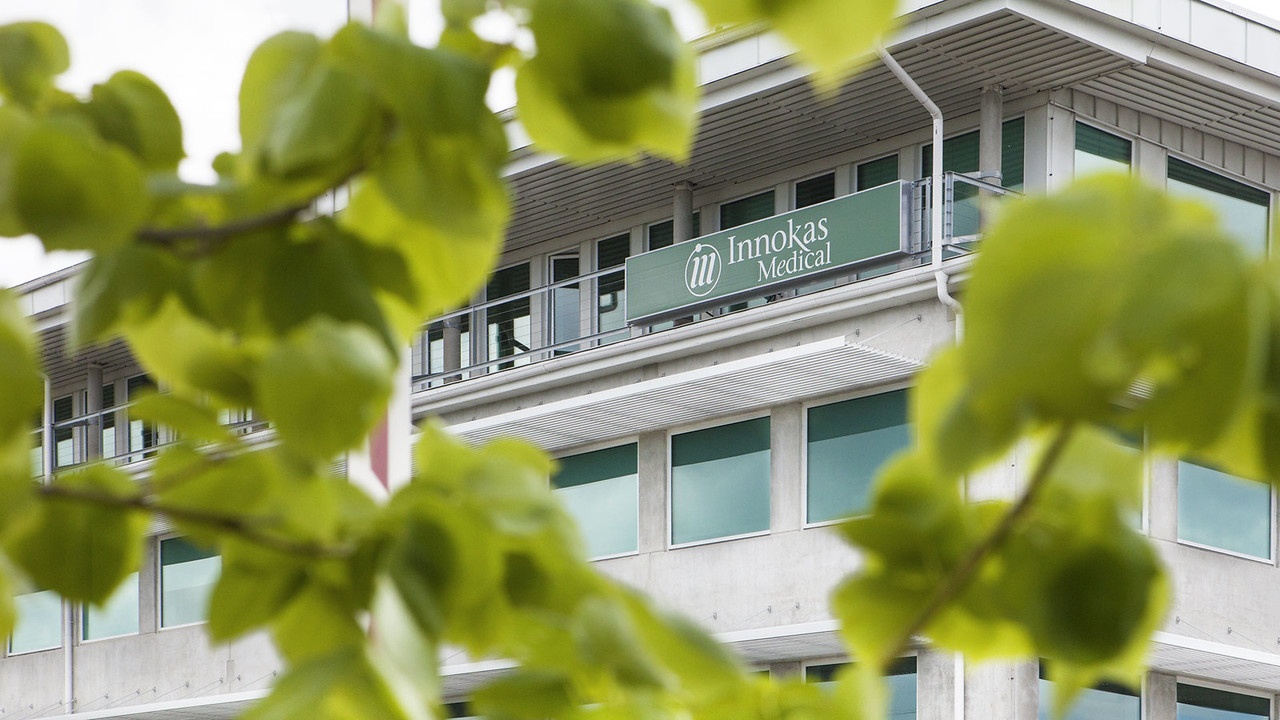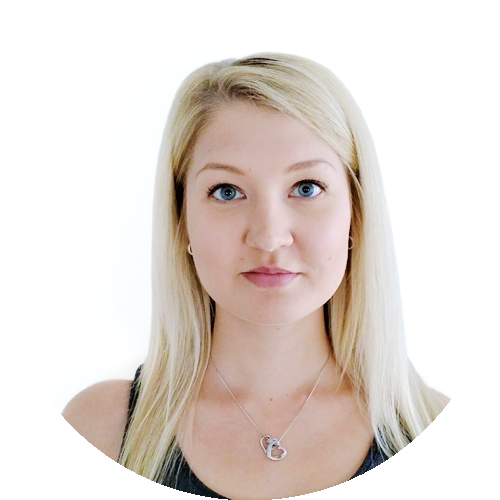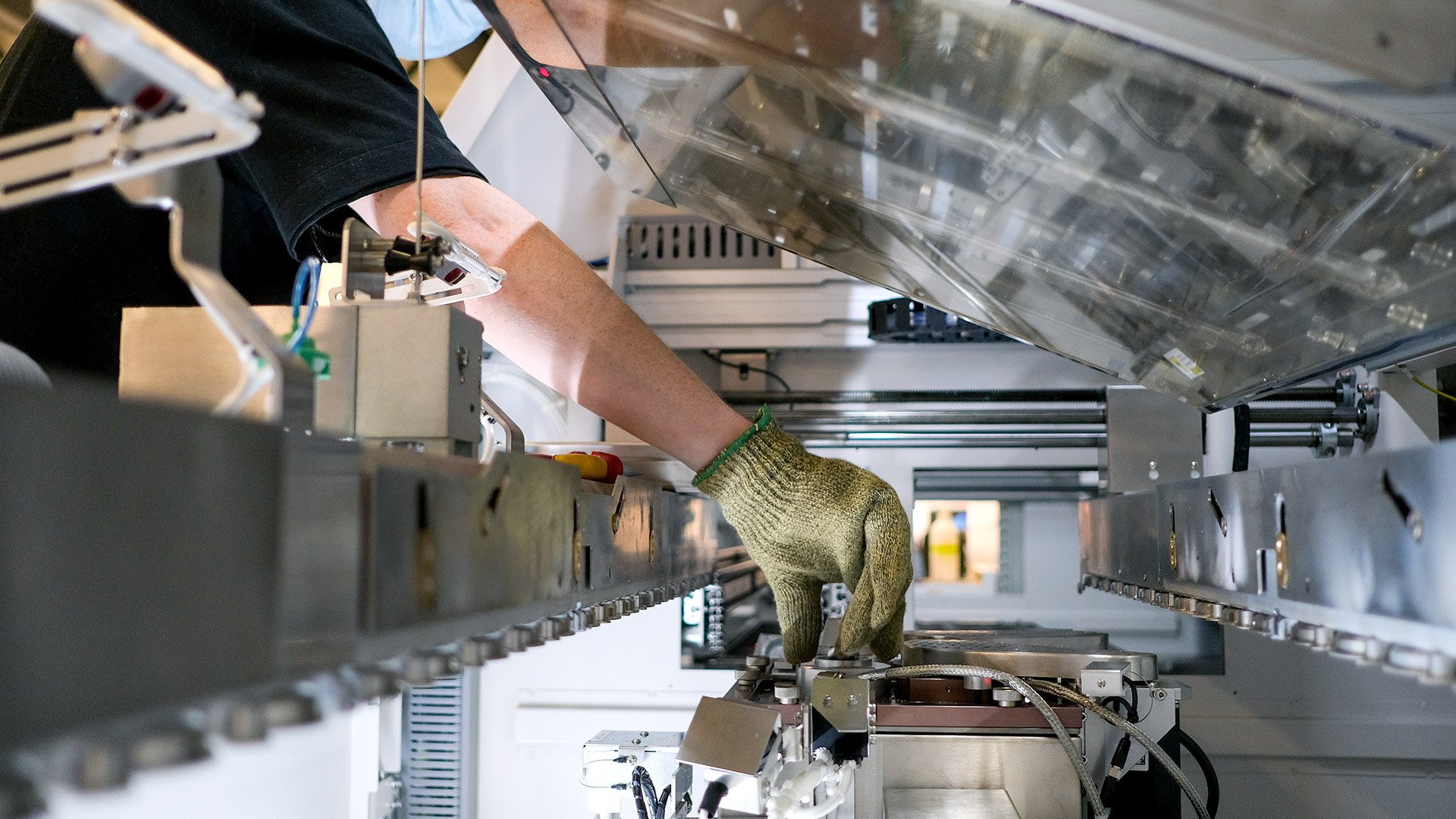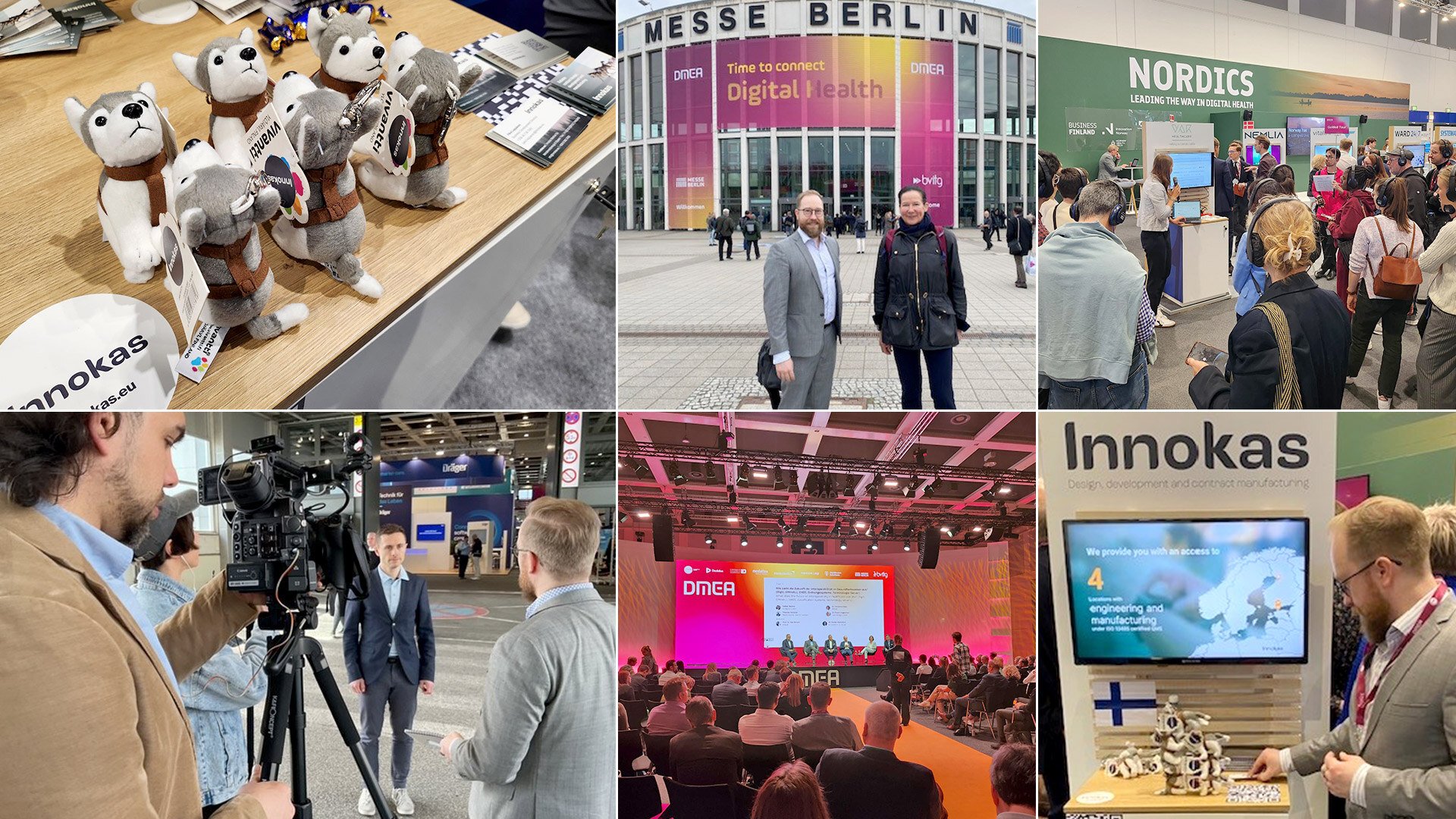The University of Oulu has received a gift professorship in health care technology. The post is situated in the university's Optoelectronics and Measurement Techniques Laboratory (OEM) in the Department of Electrical Engineering. The new professorship's field of teaching and research is specified as methods and technologies needed for measuring and monitoring health and well-being. Innokas Medical is one of the financiers of the project.
Doctor of Science in Technology Esko Alasaarela has been called to fill the post. He began his work in the beginning of June.
Sixty percent of the funding for the research professorship is covered by the university and 40 percent comes from local companies in the health technology sector. The consortium responsible for the private sector share of the funding is comprised of Innokas Medical, Tieto Healthcare & Welfare Oulu, Otometri, Siperia Systems, Sensorfit, Coronaria, Pentti Kuronen (pending company), and Global Innovation Network.
The head of the OEM laboratory, Professor Risto Myllylä, says the research professorship is needed. Health care is undergoing a structural change globally, which is leading to a lack of resources and a funding crisis. The primary reason is the rapid aging of the population.
"Health care costs can be lowered significantly by increasing people's possibilities to get along independently as long as possible. This is possible with the help of technology and services based on technology. To develop these, new measurement techniques and instruments are needed. The same technology can also be used in many other applications, such as those related to exercising and hobbies," Myllylä says.
The practices of measuring and monitoring health and well-being are changing. Until now, measurements have been made primarily during a visit to a doctor, and only if it has been determined or assumed that there is a need for measurement. Now there is a shift toward measuring and monitoring that take place in people's everyday environment, for example at home. Measurement and monitoring are becoming more automated, unnoticeable, and continuous. Some measurement tools are carried by people and others are installed in their living environment.
According to research professor Esko Alasaarela, in such a world we need novel measurement techniques and instruments enabled by mobile networks and other ubiquitous solutions as well as techniques for processing the flood of signals.
"For example, an intelligent phone is a good platform on which to develop such measurement techniques. Novel sensors based on printable technology, in particular, are a promising area of future research. They will measure physical, physiological, and neurological activity and will be carried by people," Alasaarela says.
Founder, Jouni Ihme from Innokas Medical Oy in Kempele says the companies decided to participate in the funding of the professorship because they also need research data related to measurement technology in their own product development. Ihme is chairman of the Finnish Health Technology Association FiHTA ry, which represents the health technology exporting industry.
Health care technology is an exceptional branch of industry in Finland, as it is growing steadily and has long shown a surplus in accounts. Over 90 percent of the products of health technology companies are exported and the products are top class in the world. What's more, health technology is a rare branch of industry in that the companies also have considerable production in Finland in addition to research and development.
"Globally, health care needs novel measurement techniques. Finnish companies have good prerequisites for developing the needed instruments and services, but for this we need quality research," Ihme emphasizes.
Retired medical major general, docent Pentti Kuronen, chairman of the business consortium, agrees with Jouni Ihme's view. Technical solutions will enable us to more effectively support security solutions from the standpoint of individuals, service companies, and society. He feels the gift professorship is a strategic decision both at the national level and from the perspective of the Oulu region. It will reinforce Finnish research in health technology and companies' positions in international competition.
Research professor Esko Alasaarela has been a researcher and lecturer at the Universities of Oulu and Jyväskylä for more than 20 years. He has also been an entrepreneur over ten years.

